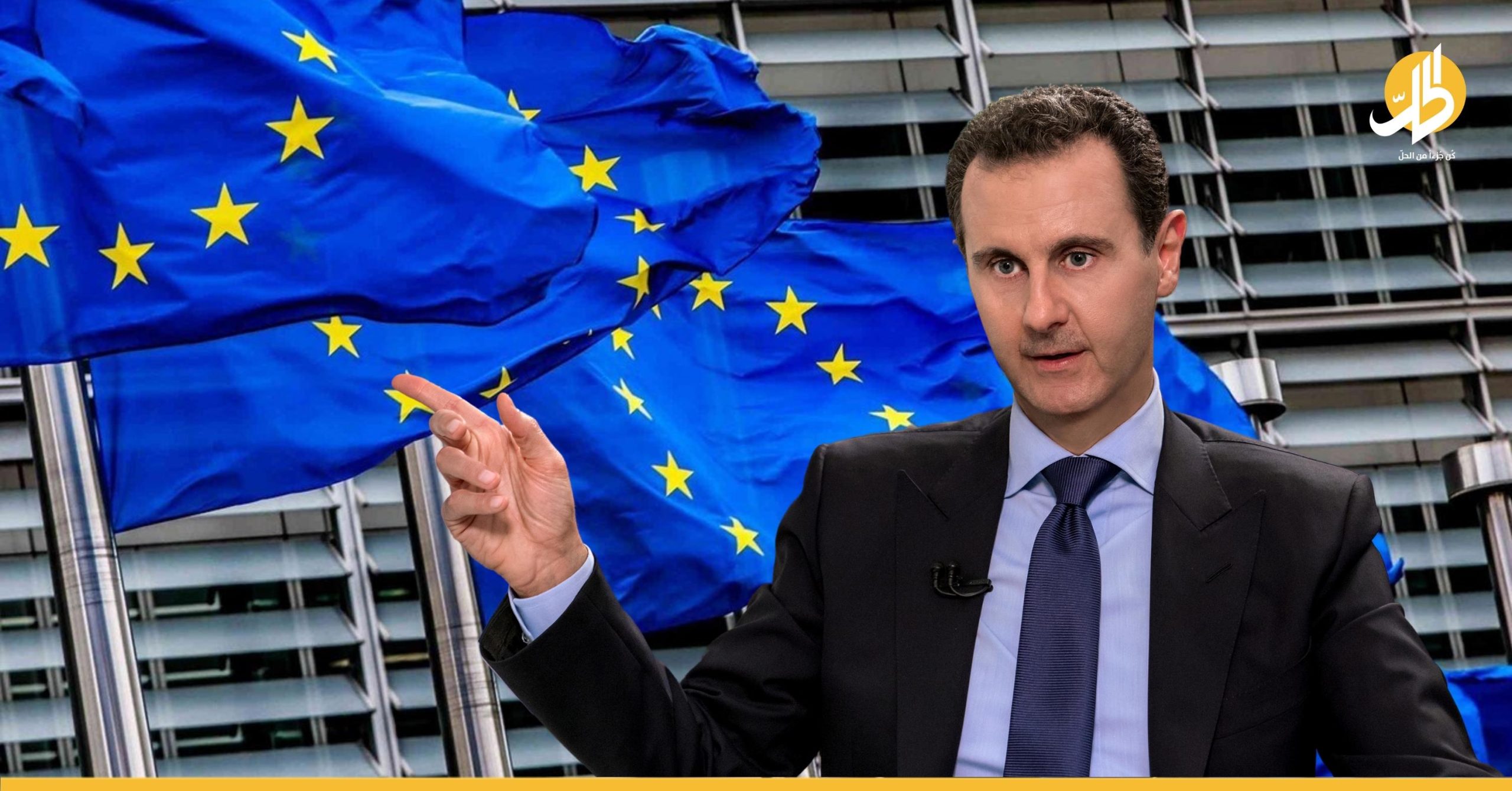The United States is not the only state that is not in fostering good relations with Damascus, as the European Union (EU) is not seriously considering normalization as well. But can the EU stop the train of Arab normalization with Damascus?
This question is one of many that have been asked recently. What are the consequences of neither the United States nor Europe halting normalization? Can they both work together to ensure future peace for Syrians? The answer is determined by three negatives.
Read Also: EU Rejects Ties with the Syrian Government
Wael Alwan, a researcher at the Jusoor Center for Studies, told al-Hal Net that what will stop the normalization efforts is not only the position of the European Union but also the Syrian authorities’ inability, even with pressure from Russia, to achieve the sincere and fundamental changes required within the policy of gradual normalization.
No change in American and European ideas
As tensions rise, it is unlikely that anything will be able to change the minds of either the American or Europeans.
Fouad Elia, a member of the Syrian National Commission, told al-Hal Net that the EU has not considered normalization with Damascus before it exhausts options to halt the normalization trend.
“The contrast between the European and U.S. positions on the Iranian nuclear issue is totally different,” he said.
The EU plays a key role in supporting peace in Syria through continuing to work with the government and the opposition to rewrite the Syrian constitution in Geneva.
The United States is focused on keeping Syrian President Bashar al-Assad isolated. The EU is trying to ensure that relations with the Syrian authorities remain severed. The political solution has progressed through negotiations between the parties under the United Nations auspices.
As steps to bring Syria back to the Arab League accelerate, the EU has revealed its position on normalization with the Syrian regime in Damascus.
This article was translated and edited by The Syrian Observer. The Syrian Observer has not verified the content of this story. Responsibility for the information and views set out in this article lies entirely with the author.


